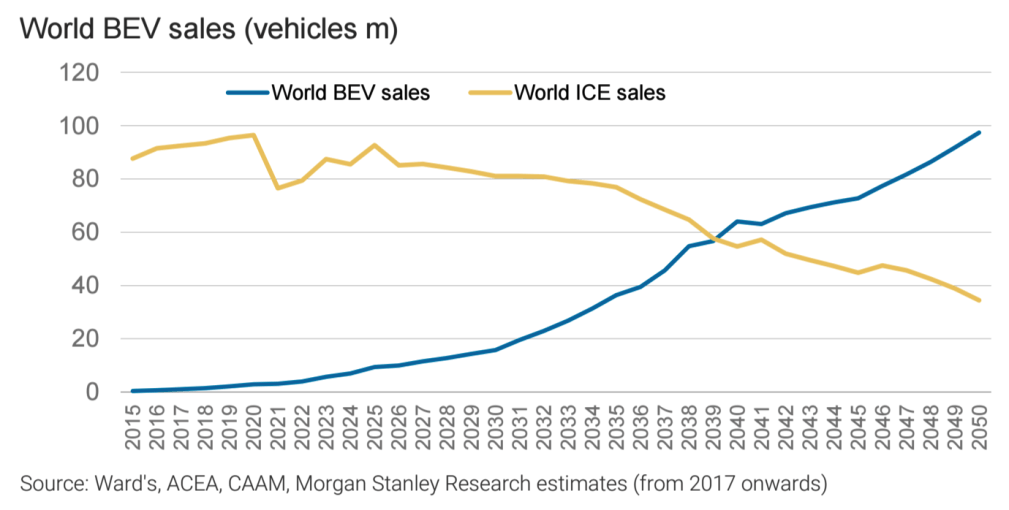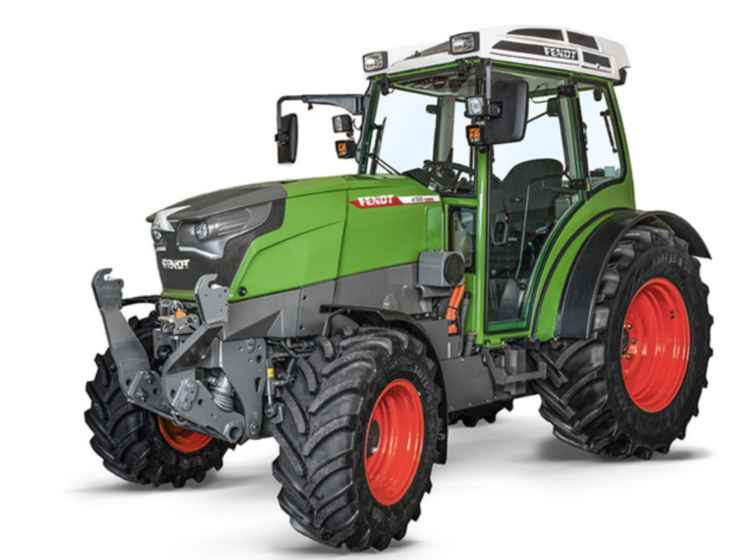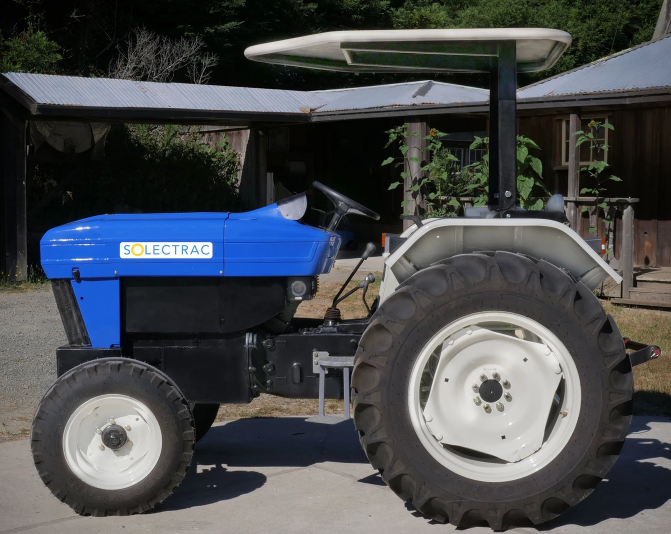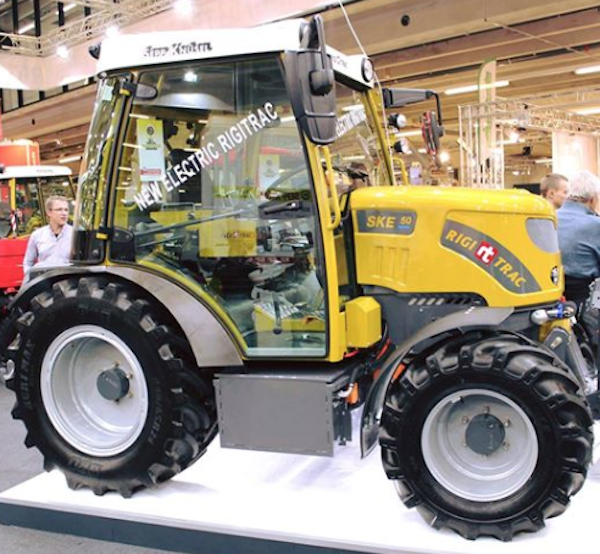Scribus
Member
- Location
- Central Atlantic
If you remember a couple of years ago CNH were waxing lyrical about their autonomous tractor. I was talking to a NH employee about this and he was saying how it's very clever and it was going to revolutionise crop production, I then pointed out to him that they couldn't get an icon to point up when the linkage was up and down when it was down, and after 2 or 3 software updates it still wouldn't work properly, so if the tractor didn't know something simple like this then why on earth would I trust it to drive its self. But more to the point it took NH 2 years to sort the icon problem.
There is an awful lot of hype and hot air surrounding machine and vehicle autonomy, too many are taken in by it.
One of the big problems with any digital advancement is that the sexy work is in the development of a new system, that's where the brains go, unfortunately, it often leaves a lot of holes and glitches to be plugged and repaired, and nobody is is interested in doing that. It can often be got away with to a certain extent in everyday commerce but when it comes to life threatening situations like the control of vehicles then there is no room for error.











